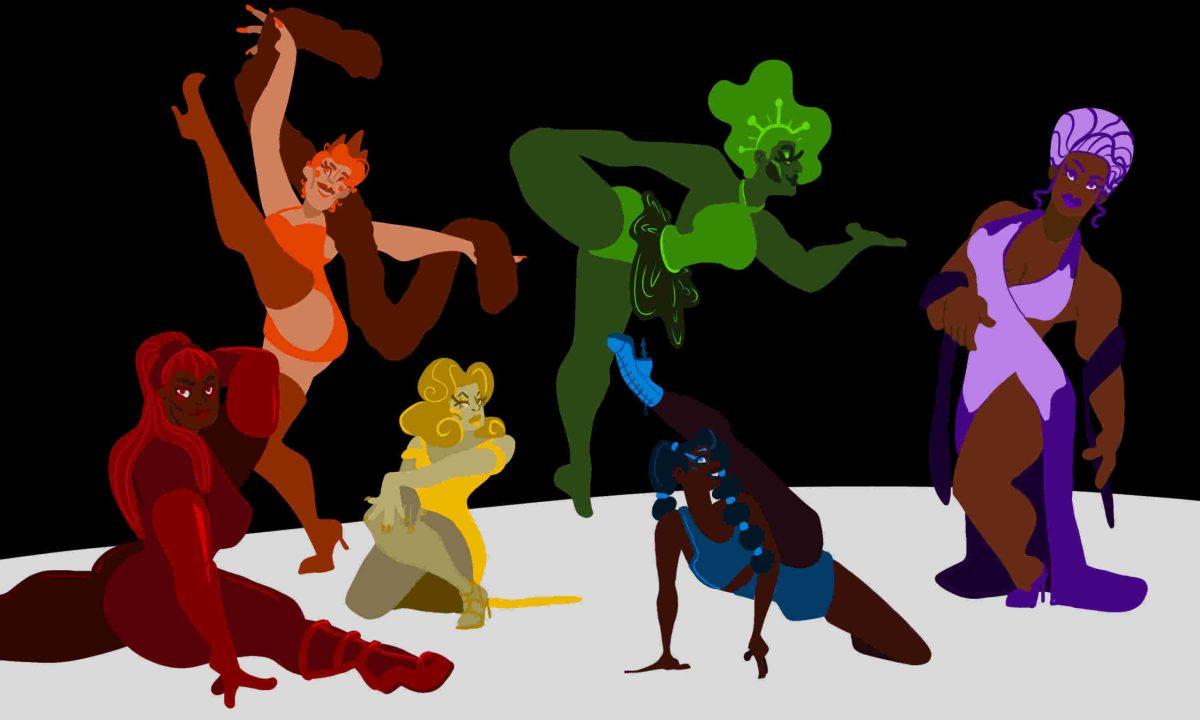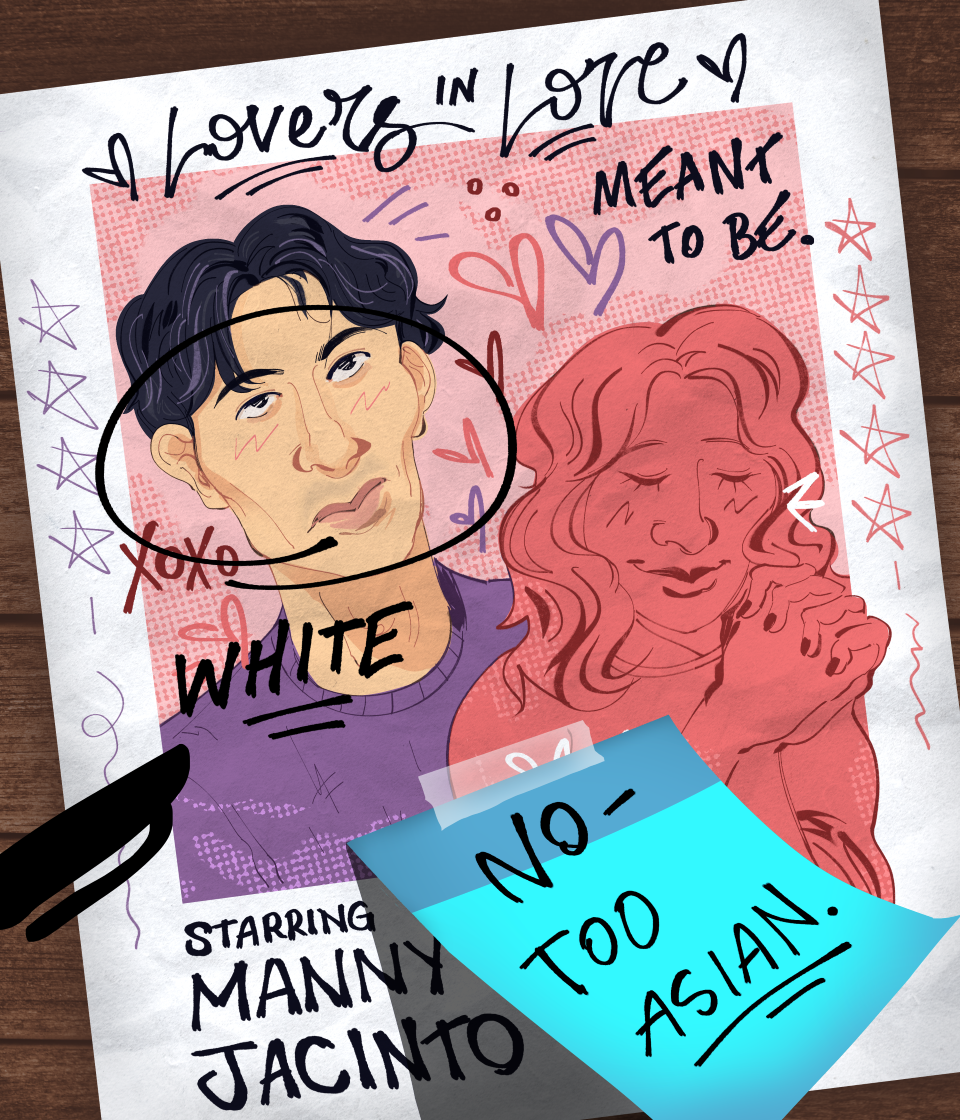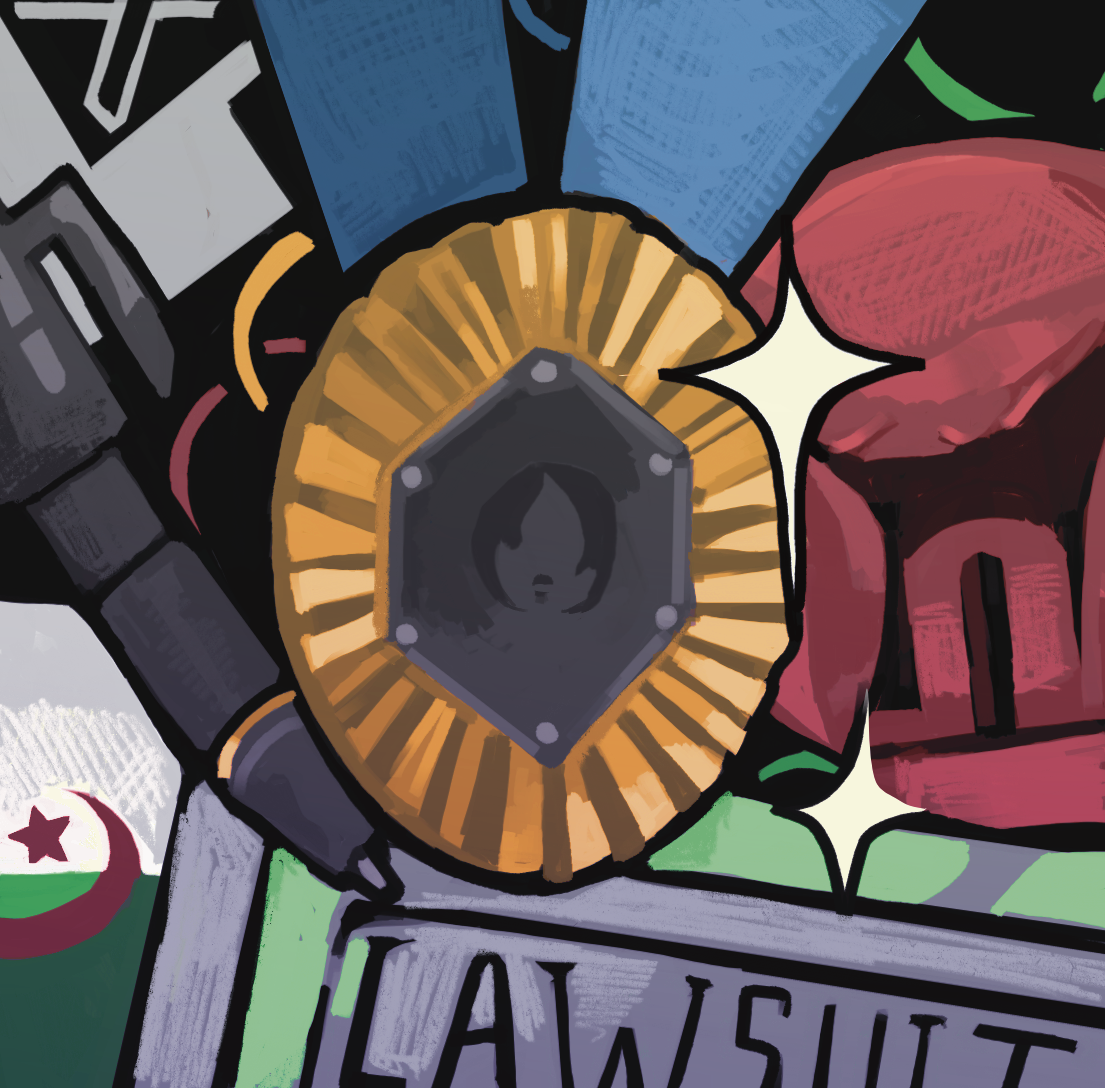All LGBTQ+ Texans, especially college-age students, should celebrate the Sept. 26 overturning of Texas’s “drag show ban.” A victory for the drag community sets a precedent for gender and sexual minorities everywhere and should encourage us to keep fighting for LGBTQ+ rights in the state.
According to Reuters, on Sept. 26, U.S. District Judge David Hittner found Texas Senate Bill 12 to be unconstitutional, citing First Amendment violations. The bill has been under public scrutiny since its inception, especially from the queer community and its advocates, due to its goal to criminalize drag shows hosted in public spaces. The initial phrasing of the bill specifically defined a “sexually oriented performance” to include “a male performer exhibiting as a female, or a female performer exhibiting as a male,” which many pointed out would prohibit common activities such as theater, or a transgender person existing on a stage in any capacity, due to its vagueness. The finalized version of the bill was revised to prohibit accessories that “exaggerate male or female sexual characteristics.” However, Hittner ruled that the bill still “impermissibly infringes on the First Amendment,” especially since elected Republicans had previously stated their intent of using SB12 to target drag shows.
“Not all people will like or condone certain performances,” Hittner wrote. “This is no different than a person’s opinion on certain comedy or genres of music, but that alone does not strip First Amendment protection.”
As a public university, UTD would be subject to this law and would be required to regulate drag shows on campus to avoid civil or criminal penalties. Existing as a queer or gender non-conforming student on campus can be isolating, and even more so when your existence is frowned upon by administration or police. Under the drag ban bill, it is possible a transgender or gender non-conforming person could be forced out of public spaces due to their appearance. Due to its vague wording, the law could easily be abused to target queer people’s basic self-expression.
Furthermore, an attack on drag is an attack on queer culture. Drag performances help bring the community together, both LGBTQ and allies, and celebrate diversity in flashy song and dance. They have been a core tenet of the community for decades, bringing joy to a wide variety of audiences. The primary strength of our community is the bonds that we share and the mutual aid we provide to other queer people. Any attempt to ban it is an attempt to drive us into hiding and isolate us from the safety we find in each other.
But despite this brief victory, LGBTQ+ Texans aren’t completely safe. Bill author Sen. Bryan Hughes remarked that state Republicans intend upon “defending it all the way to the Supreme Court if that’s what it takes.” Indeed, queer Texans should stay extra vigilant. Republican lawmakers have been explicit in their attacks on all sides of the LGBTQ community, from SB12 to SB14, which bans minors from receiving gender affirming care like puberty blockers, preventing doctors from making scientific, evidence-based decisions on when to prescribe them. Defending our rights is critically important. From community support to holding elected representatives accountable, there are a myriad of ways that we can advocate for ourselves and others.
As college students, it is important for us to stay on top of harmful legislation and stay educated about legal threats. Even for those who don’t identify as queer, it is far more difficult to learn about others’ lives when gender non-conforming individuals feel forced into hiding. Ensuring safety and inclusiveness on campus is essential to curating a fulfilling college experience for everyone.
Now more than ever, showing support for queer Texans is essential to ensuring our continued safety, both on and off campus. Attempts to encroach on constitutional rights based on gender or sexuality will stifle free expression across campus, which is a dangerous precedent to set. Colleges and universities are meant to foster curiosity about different viewpoints and lifestyles, learning from each other and encouraging empathy for others’ situations, but this cannot be accomplished when both students and administration fear repercussions for being themselves.





